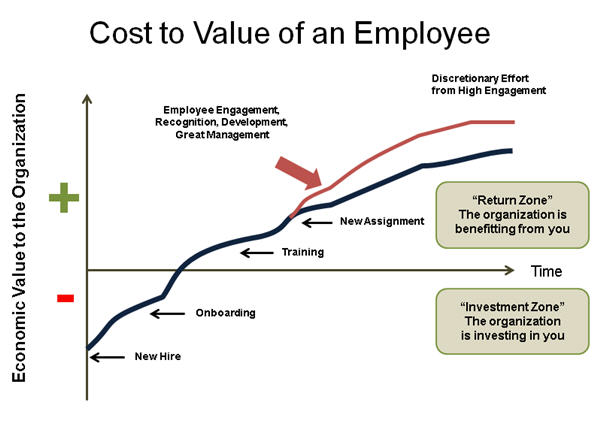Is it possible to completely plan your career?
A career plan is usually thought out to be in the form of any other type of plan which has a starting point, a goal and the steps to be taken in order to reach the goal. But it is not uncommon that this plan will not be followed exactly as it was drafted.
Many executives start out their careers not knowing where they might end up. As said by Robert Pozen: “There was no grand plan; I backed into my career one step at a time. In the years after I graduated from law school, I had no idea that I would ultimately become the president of a financial services giant. I held positions as a law professor, a senior official at the Securities and Exchange Commission, and a partner in a law firm.”
In other words, it is hardly possible to control the trajectory of your career, mainly because many factors exist which are beyond your control. Rather than focusing on the steps of your planning, try to ascertain the right mind set to develop a successful approach to your work habits.
Gain Transferable Knowledge
Transferable knowledge is simply knowledge which can be used in more than one area of work. This is the initial set of skills and abilities which you typically acquire in college and then work to develop and refine.
With time, you will begin to notice that you might favor or be better at a given area instead of another. For example, you focus on courses which involve a hefty load of math and then follow into studying physics and engineering. In years to come, you could then opt for computer programming, which has a large participation within engineering. This will give you a wider array of choices in the future.
Also, working abroad will help you develop this type of knowledge. The cultural interactions and the different was cultures approach work will assist you in refining your transferable knowledge.
The same goes to working in different types of organizations during your career, such as a non-profit organization or governmental institutions.
Grow Your Network
Networking is perhaps one of the factors which will most strongly influence the outcome of your career path in the future. Despite all the knowledge you have acquired throughout time, you are not hired by a company, but by someone in it who chose you to work there. As the saying goes: “Organizations don’t hire people. People hire people”.
Make your best to become well known within the circles of your area of work. You might attend conferences and seminars, but the best choice is to have long time colleagues within the same line of work, in special those who you have known for a long time.
In summary: “To prepare for whatever surprises lie ahead, try to make choices today that will maximize your options in the future. Gain transferable expertise — in the classroom or at work — and form close bonds with your peers and colleagues.”
Based on: Harvard Business Review




